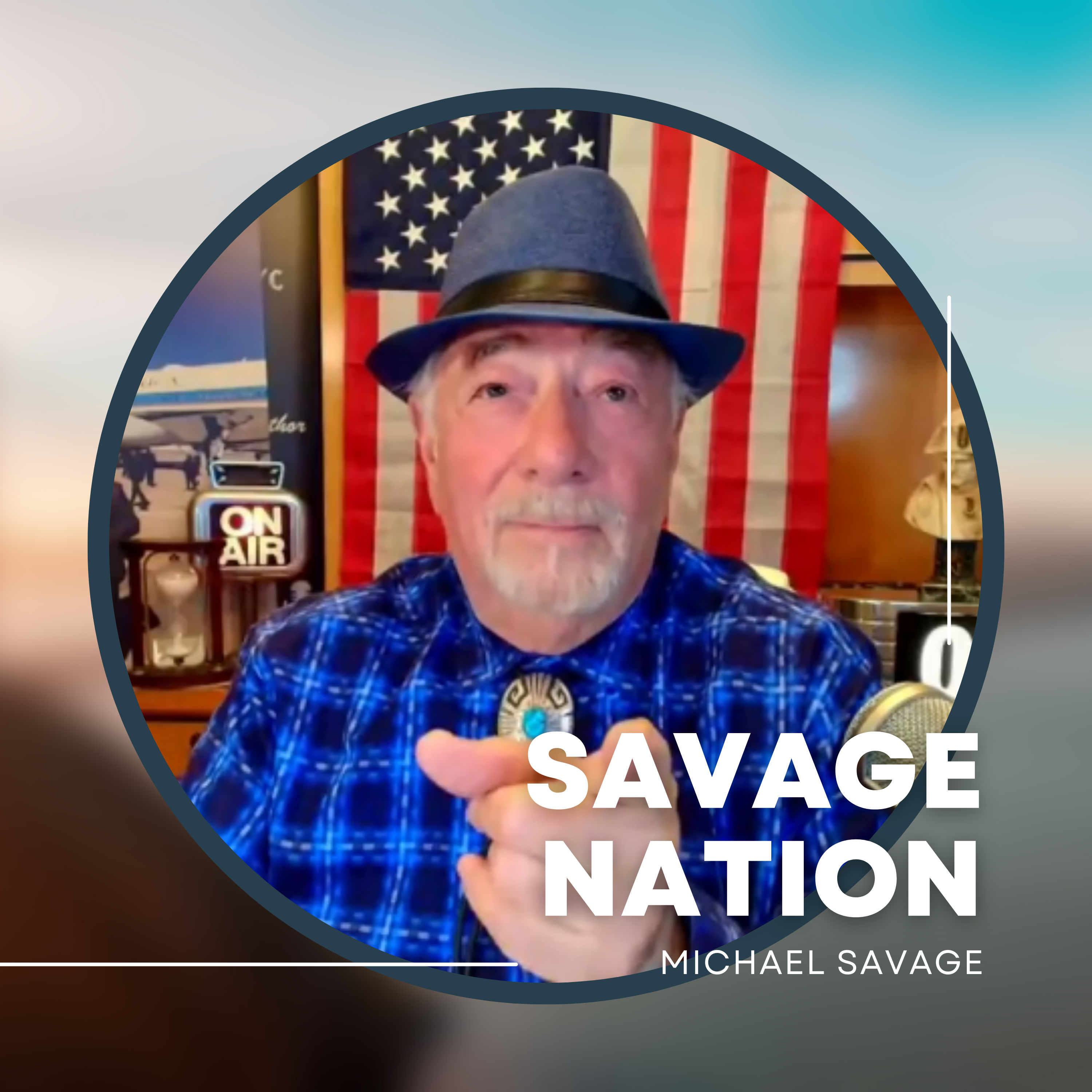
A Think First Podcast with Jim Detjen
Think First is a short-form podcast that makes you pause — before you scroll, share, or believe the headline.
Hosted by Jim Detjen, a guy who’s been gaslit enough to start a podcast about it, Think First dives into modern narratives, media manipulation, and cultural BS — all through the lens of gaslighting and poetic truth.
Some episodes are two minutes. Some are ten. It depends on the story — and the energy drink situation.
No rants. No lectures. Just sharp questions, quick insights, and the occasional laugh to keep things sane.
Whether you’re dodging spin in the news, politics, or that “trust me, bro” post in your feed… take a breath. Think first.
Visit Gaslight360.com/clarity to sharpen your BS filter and explore the 6-step clarity framework.
🚨Distorted (Advanced Copy) is set to release on October 14, and pre-orders are now available on Amazon and Barnes & Noble.
Reserve your copy today — and join me in cutting through the distortion.
Paperback and Kindle: Amazon
Hardcover: Barnes & Noble
A Think First Podcast with Jim Detjen
#66 Why Gas Pumps Are Still So Slow · The Psychology of Pump-Time Manipulation
It’s 2025… and gas pumps are still painfully slow. Is it really outdated tech? Or is your time at the pump being deliberately hijacked for something else?
In this episode of Think First, we unravel the subtle gaslighting behind pump delays — and why your mild annoyance may be the point, not the problem. From behavioral conditioning to advertising psychology, we break down how gas stations became attention farms disguised as fuel stops.
By the end, you’ll never wait at the pump the same way again.
Stay sharp. Stay skeptical. #SpotTheGaslight
Read and reflect at Gaslight360.com/clarity
This is Think First, where we don't follow the script. We question it Because, in a world full of poetic truths and professional gaslighting, someone's got to say the quiet part out loud. Seriously, why are gas pumps still so slow? It's 2025. We've got AI doctors diagnosing cancer, nasa's planning manned Mars missions and my car can parallel park itself better than I can. But when I swipe my card at a gas station, I still have time to rethink all my life decisions, pay off a few credit cards and wonder if it would be faster to just drill for oil myself.
Speaker 1:Something here doesn't add up. Is this really a tech issue? Are we somehow using dial-upgrade software to move billions of dollars in petroleum, or is it something else? Why do all gas stations feel like time has frozen in 2006? Why is the pump slower when you pay outside instead of inside? Why are you bombarded with loud screen ads while you're waiting? Why is there a full television broadcast of car insurance tips playing next to your hand, and who exactly benefits from the delay? Let's go there Now, the official story.
Speaker 1:It's about fraud prevention and network lag. Some gas stations use older payment processors, the kind that still talk to your bank using Morse code. Others use slower authorization sequences because technically your gas purchase is an open transaction. The system doesn't yet know how much you'll pump and those systems have to talk to the bank, which talks to your credit card bank, which talks to your credit card company, which talks to your fraud risk algorithm, which talks to Homeland Security, which talks to Elon Musk, and then finally back to the pump, sort of. But here's the twist Some pumps actually can be faster, like a lot faster. You'll notice this at high-volume stations. Like a lot faster. You'll notice this at high-volume stations Costco, buc-ee's, even some Sam's Clubs where throughput matters. But most gas stations they don't care how long it takes you to fill up, they care how long you're stuck standing there, because the longer you stand there the more likely you are to look around. And while you're looking, they've got you Loud digital ads, branded Fuel TV segments, impulse snack reminders, qr codes for loyalty programs, car wash-up cells and a little thing called brand recall.
Speaker 1:This isn't a gas station anymore, it's a behavioral conditioning kiosk wrapped in concrete and diesel fumes. And that delay it's not just tolerated, it's engineered. The average pump time per customer is about three to five minutes. That's just enough to make you watch the full loop of the ad playlist, deliver a PSA about tire pressure, slip in a sponsor offer from the insurance company and remind you that your rewards points could be doubling. Right now it's not gas station service, it's attention farming.
Speaker 1:This is where gaslighting comes in, because you've probably blamed yourself. You thought it was your card, your network, the chip reader, the weather mercury in retrograde. Your network, the chip reader, the weather mercury in retrograde. But what if the slowness isn't a failure of technology but a feature of predictive psychology? What if the entire gas station ritual isn't about speed or convenience at all, but about capturing micro-moments?
Speaker 1:When you're idle, mildly annoyed and ripe for suggestion, even the sound of the pump clicking, that rhythmic clunk of gallons counting up, becomes a kind of ambient obedience loop. You're standing in place, you're watching the number rise, you're associating the moment with motion and price, and noise and smell and brand Congratulations. You've just been neuromarketed. And let's not forget, none of this happens in EV charging stations. Why? Because they already have your full attention.
Speaker 1:You're inside the car, scrolling your phone, watching YouTube, but gas pumps? They need to force engagement, manufacture waiting, simulate inconvenience, because waiting is where the magic happens. It's where habits form, where brand cues sink in, where your irritation gets unconsciously linked to the only thing present in the moment their name, their voice, their jingle. And that, my friend, is poetic truth the myth that slowness is just part of the process, when it's actually the point. So next time you stand at the pump and that chip reader takes 14 seconds to blink and the screen blasts a farmer's insurance ad in your face, don't blame the tech, blame the system, because it's not broken. It's working exactly as designed. And today we went there. I'm Jim Detchen and you don't need all the answers, but you should question the ones you're handed. Until next time, stay skeptical, stay curious and always think first, want more. The full six-step framework we use is at gaslight360.com. You can also dive into the deeper story, the bio, the podcast and the mission at jimdetchincom. And if you like this one, tag it, save it, share it.
Podcasts we love
Check out these other fine podcasts recommended by us, not an algorithm.

The Megyn Kelly Show
SiriusXM
Hidden Brain
Hidden Brain, Shankar Vedantam
The Tucker Carlson Show
Tucker Carlson Network
Cato Podcast
Cato Institute
The Joe Rogan Experience
Joe Rogan
Common Sense with Dan Carlin
Dan Carlin
The Clay Travis and Buck Sexton Show
iHeartPodcasts
Revisionist History: The Alabama Murders
Pushkin Industries
Freakonomics Radio
Freakonomics Radio + Stitcher
Fearless with Jason Whitlock
Blaze Podcast Network
The Daily Beans
MSW Media
The Glenn Beck Program
Blaze Podcast Network
Countermine
Dondi&Karlin
The Shawn Ryan Show
Shawn Ryan
Left, Right & Center
KCRW
Political Gabfest
Slate Podcasts
Stuff You Should Know
iHeartPodcasts
TED Talks Daily
TED
The Fifth Column
Kmele Foster, Michael Moynihan, and Matt Welch
The Jesse Kelly Show
iHeartPodcasts
The Jordan B. Peterson Podcast
Dr. Jordan B. Peterson
